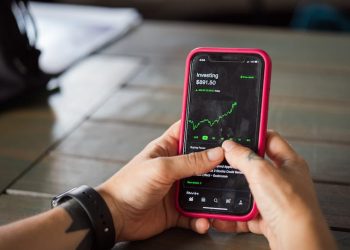I started into this game almost twenty years ago I suppose like many people it was to make what I perceived to be easy money. I thought hell if it’s there for the taking I may as well grab it.
Many people ask me was I successful from the beginning? The answer is no-way, not even close. I think I must have made ever single mistake in the book. I put excessive faith in gut instinct rather than actual fundamental and technical research of a stock.Over time I came to realize the golden rules for successful stock trading.
In the same way that the most important factor when choosing a property is location, with Stocks the key word is ‘Diversity’. A successful trader should maintain as diverse a portfolio as is feasibly possible given financial constraints imposed by the size of their investment. I would recommend holding at least ten different Stocks at any one time spread across an entire spectrum of industries. Often people are tempted to buy one or two Stocks in the hope of a large rise but buying one stock and seeing it increase in value doesn’t make you intelligent, just lucky.
Forget ghost portfolios, they remind me of someone learning to swim by reading a book. Unfortunately to learn to swim you must get wet likewise there is no way of understanding the fundamentals of how trading works without actually trading yourself for real. In saying this if an individual has never encountered a bid offer spread or has never actually placed a limit order then this is a valuable introduction. However using a ghost portfolio should be seen merely for what it is a useful tool to help learn the workings of the trading environment.
Never try and time when a share has stopped falling in order to make your buy. Trying to catch this falling knife is almost impossible and when you miss it is a painful experience.
Shares go up and down. This should be obvious but some people seem to forget that it’s impossible to pick a stock that rises each and every day. Once you make your buy you should expect a reasonable period of time to elapse before a gain is realized.













